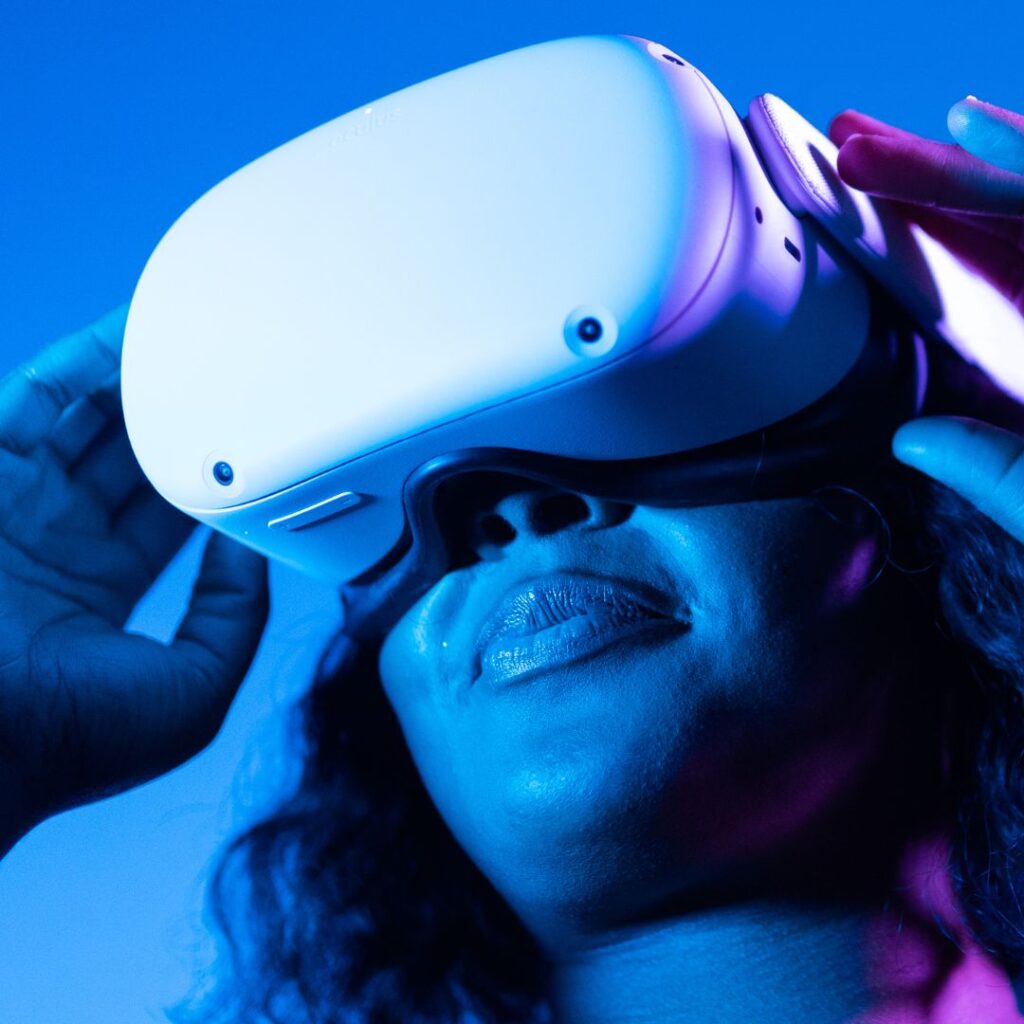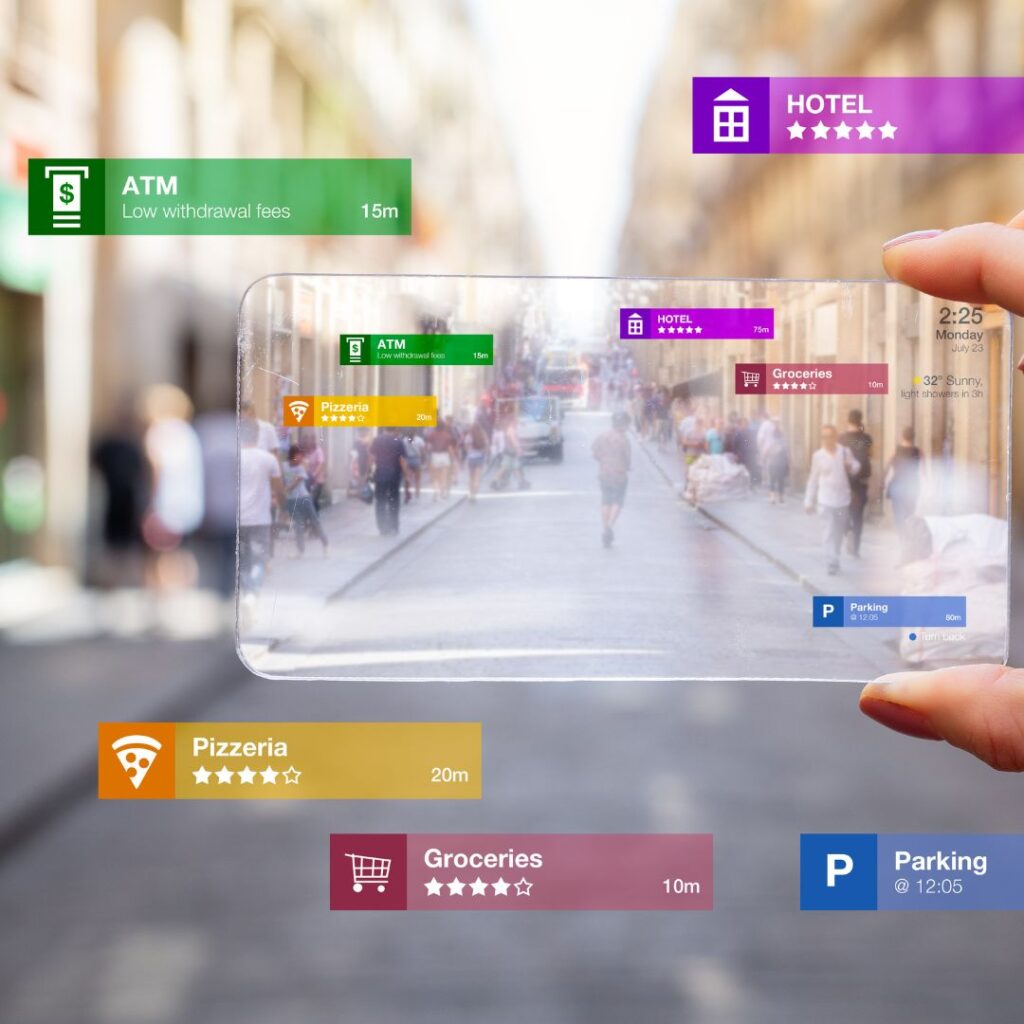The video marketing landscape is currently experiencing a significant evolution due to the integration of groundbreaking technologies such as 360-degree videos and Virtual Reality (VR). These pioneering advancements have fundamentally reshaped how brands connect with their audiences, presenting immersive, interactive experiences that redefine the art of storytelling and consumer engagement.
This technological integration only revolutionized the traditional marketing approaches while setting new standards for captivating and involving consumers, enabling brands to create more immersive narratives and foster deeper connections with their target audience.

2023 Video Marketing Stats
These statistics will show you how crucial video marketing is in your overall digital marketing approach:
- Statista’s data indicates that in 2022, over three billion internet users engaged in streaming or downloading video content at least once a month.
- Projections suggest a continual annual increase, with the expected figure estimated to reach nearly 3.5 billion users by the end of 2023.
- Specifically, within the United States, approximately 161.4 million individuals were recorded as live video viewers in 2023.
Immersive and Engaging Videos and Virtual Reality Solutions
Clear Imaging offers a comprehensive array of digital marketing services, encompassing innovative video marketing solutions, including 360-degree Videos and Virtual Reality (VR). Our expertise extends to crafting engaging experiences through cutting-edge technologies, enhancing brand storytelling and consumer engagement.
We focus on delivering impactful strategies and providing businesses with immersive video marketing experiences that captivate audiences, setting new standards for brand engagement in the dynamic digital landscape.
The Rise of 360-Degree Videos

360-degree videos provide an all-encompassing experience, allowing viewers to interact and explore the video’s environment by dragging or tilting their screens. This immersive format transcends traditional video boundaries, placing the audience at the center of the action.
It offers a captivating way to showcase products, locations, events, and narratives, providing a more engaging and memorable experience. There are many reasons to use the technology, such as:
- Impact on Consumer Engagement – 360-degree videos have reshaped consumer engagement by fostering a deeper connection between brands and audiences. By enabling viewers to control their perspective within the video, these immersive experiences generate a heightened sense of involvement, enhancing emotional connections and prolonging viewer engagement.
- Leverage VR Technology in Marketing – Virtual Reality (VR) takes immersion to the next level, transporting users into a completely virtual environment. In marketing, VR offers unparalleled opportunities for brands to create lifelike experiences, allowing consumers to interact with products or services in simulated environments.
- Enhance Brand Engagement – VR’s ability to simulate real-life scenarios elevates brand experiences. From virtual product trials to immersive brand storytelling, VR captivates audiences, fostering a stronger emotional bond and boosting brand recall. It empowers consumers to engage with brands in ways previously unattainable through traditional marketing channels.
- Driving Consumer Decision-Making – 360-degree videos and VR influence consumer decision-making. By offering immersive experiences that allow consumers to interact virtually with products or services, brands can instill confidence and drive purchase decisions, leading to increased conversions and brand loyalty.
360-degree Videos and VR Applications Across Industries

360-degree videos and VR have found applications across various industries:
- Travel and Tourism – Offering virtual tours of destinations, hotels, or attractions, enticing potential travelers.
- Real Estate – Providing immersive property tours for potential buyers, allowing them to explore homes remotely.
- Education – Creating immersive learning experiences, transporting students to historical events or scientific phenomena.
- Gaming and Entertainment – Developing immersive gaming experiences and immersive storytelling for movies and series.
Challenges and Opportunities in Using 360-Degree Videos and VR
While 360-degree videos and VR present immense opportunities, they also pose challenges. The creation of high-quality immersive content requires specialized skills and investments in technology. Moreover, ensuring widespread accessibility to VR experiences remains a hurdle.
However, as technology evolves, costs decrease, and accessibility improves, the potential for 360-degree videos and VR in marketing continues to expand. Forward-thinking brands that embrace these technologies stand to gain a competitive edge by delivering captivating and memorable experiences that resonate with modern consumers.
The future of video marketing lies in the continued innovation and integration of immersive technologies. As VR hardware becomes more accessible and 360-degree video content tools advance, these immersive experiences will become more prevalent in marketing strategies.
Contact The Video Marketing Experts
Our approach to video marketing involves a strategic balance, integrating it seamlessly with other effective strategies. This deliberate blend enables us to harness the positive impacts of video marketing sustainably.
By strategically intertwining video campaigns with complementary strategies, we ensure a holistic approach that maximizes engagement, amplifies brand messaging, and cultivates lasting consumer connections. This thoughtful integration allows us to leverage the strengths of video marketing while synergizing with various tactics for sustained and impactful results. For information on our video marketing services, please call Clear Imaging at 1(800) 380-6942 during business hours or complete this form for inquiries about our other services.






